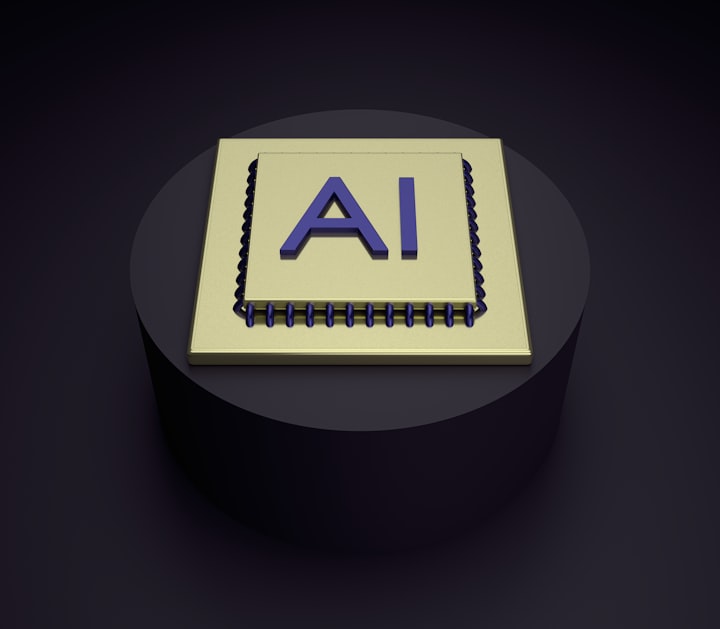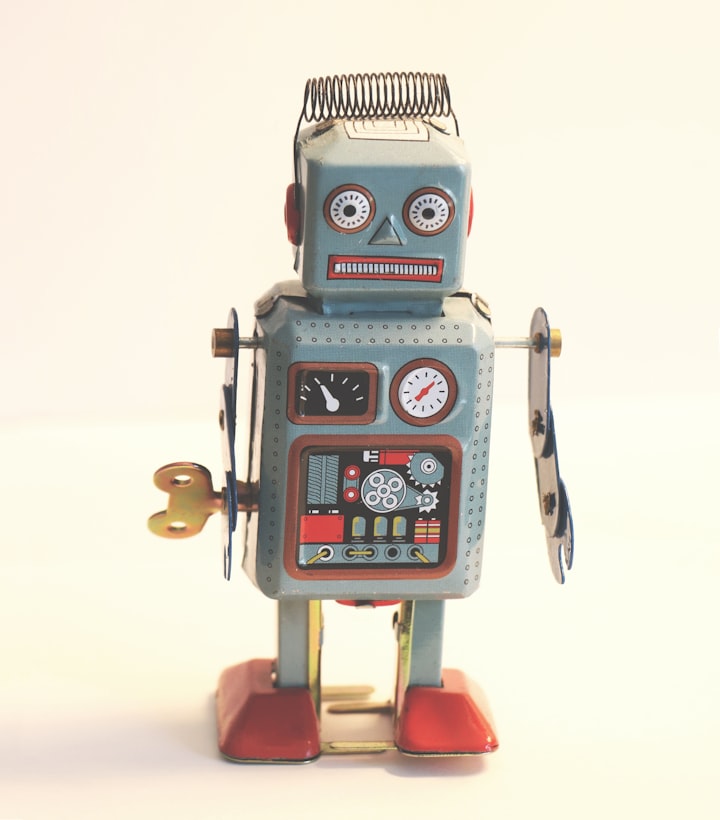The Future of Job Search: AI Auto-Filling Job Applications
How Ai Will Revolutionize and Make Job Searching Easier

In the ever-evolving landscape of employment, the integration of artificial intelligence (AI) has become a game-changer, revolutionizing various aspects of the job search process. One significant advancement that holds immense promise is the use of AI to auto-fill job applications. As technology continues to shape the way we approach work, the future of job searching is likely to be more efficient, personalized, and user-friendly, thanks to AI-driven automation in the application process.
The Current State of Job Applications
Job seekers often find themselves navigating through a tedious and time-consuming process when applying for positions. Filling out applications can be a repetitive and monotonous task, requiring candidates to manually input their personal details, work history, education, and other relevant information. The process becomes even more daunting when applying to multiple positions or across various platforms.
Moreover, the lack of standardization in application forms across different companies can be a source of frustration for applicants. Each organization may have its own unique set of questions, formats, and requirements, making the job application process feel like an arduous journey. The inefficiencies in the current system often lead to missed opportunities and increased stress levels for job seekers.
The Rise of AI in Job Search
AI has the potential to transform the job application process into a more seamless and user-friendly experience. One of the most promising developments is the use of AI algorithms to automatically fill out job applications on behalf of the candidates. This innovative approach aims to streamline the application process, saving time for both job seekers and employers.
1. Efficiency and Time-Saving:
AI-driven auto-fill capabilities significantly reduce the time and effort required to complete job applications. By leveraging pre-existing data from a candidate's resume or professional profiles, AI algorithms can populate application forms with accurate and relevant information, eliminating the need for repetitive data entry.
2. Personalization and Tailoring:
AI can analyze job descriptions and company preferences to tailor application responses to specific requirements. By understanding the unique needs of each employer, AI-driven auto-fill ensures that applications are not only swift but also customized to resonate with the expectations of hiring managers.
3. Data Accuracy and Consistency:
Manual data entry is prone to errors, which can adversely affect the application's credibility. AI, on the other hand, ensures data accuracy by pulling information directly from reliable sources. This not only reduces the likelihood of errors but also guarantees consistency across multiple applications.
4. Integration with Professional Networks:
AI-powered application tools can seamlessly integrate with professional networking platforms. Candidates can grant permission for the AI to extract relevant details from their LinkedIn or other profiles, further streamlining the application process and maintaining data coherence.
Overcoming Challenges and Concerns
While the prospect of AI auto-filling job applications holds great promise, there are certain challenges and concerns that need to be addressed for its widespread adoption.
1. Privacy and Security:
The use of AI to auto-fill applications requires access to personal and professional information. Ensuring the privacy and security of this data is paramount. Employers and AI developers must implement robust security measures to protect sensitive information from unauthorized access.
2. Customization and Context Understanding:
AI algorithms must be capable of understanding the context and nuances of different job applications. Customization is key, and the technology needs to evolve to interpret specific industry jargon, job requirements, and organizational cultures accurately.
3. User Control and Transparency:
Job seekers should have control over the extent to which AI auto-fills their applications. Transparency in how AI algorithms operate and make decisions is crucial. Clear communication about the use of AI in the application process can help build trust among users.
4. Integration with Applicant Tracking Systems (ATS):
Many companies use ATS to manage and streamline the recruitment process. For AI auto-filling to be truly effective, it must seamlessly integrate with these systems. Ensuring compatibility with existing infrastructure is essential for widespread adoption.
The Road Ahead
As AI continues to advance, the future of job search will likely witness further refinement and widespread adoption of auto-filling technologies. Job seekers can look forward to a more efficient and personalized experience, allowing them to focus on crafting compelling cover letters and showcasing their unique skills rather than getting bogged down by repetitive data entry.
Employers, too, stand to benefit from this technological shift. With AI-driven auto-fill, they can process applications more swiftly, enabling quicker shortlisting and decision-making. The time saved in administrative tasks can be redirected toward assessing candidates' qualifications and cultural fit, ultimately enhancing the quality of the hiring process.
Conclusion
The future of job search holds great promise with the integration of AI-powered auto-filling of job applications. This technological advancement is poised to revolutionize the way candidates engage with the application process, making it more efficient, personalized, and user-friendly. While challenges such as privacy concerns and customization issues need to be addressed, the overall impact of AI in job searching is likely to be transformative, benefiting both job seekers and employers alike. As the synergy between human intuition and artificial intelligence grows, the job application process is set to become a model of efficiency, reflecting the dynamic nature of the modern workforce.






Comments
There are no comments for this story
Be the first to respond and start the conversation.